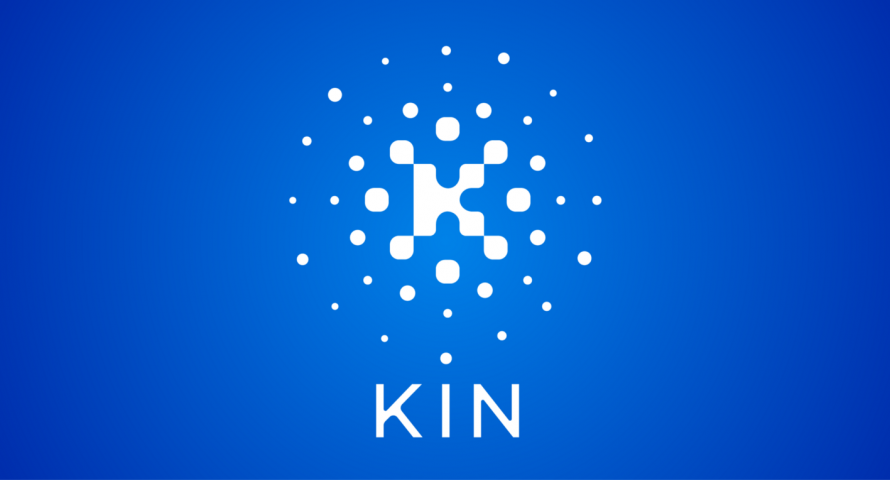
KIN is a token that initially ran on top of Ethereum and Stellar, but then moved to its own blockchain, a forked version of Stellar Lumens.
The Kin Blockchain is operating in a federated model. A federated blockchain is a form of permissioned consensus where validators are limited to those in the federation. Instead of allowing any person with an internet connection to participate in consensus, or allowing only one company to have full control, a set of node validators are admitted. Existing and, potentially, future members of the Kin Federation are apps currently building Kin-powered experiences, or they intend to integrate Kin in the near future. Down the road, other trusted members of the ecosystem, like wallet services and exchanges, will also be able to operate nodes on the Kin Blockchain.
What you'll learn 👉
Kin Ecosystem Growth
In Q4 of 2018, Kin launched Kin experiences inside of Swelly, a feedback exchange platform, giving Swelly app users on iOS and Android devices the opportunity to earn and spend Kin for their opinions. They also announced a pair of new partners, MadLipz and Tapatalk, both of which will potentially on-board millions of new users to the ecosystem.
What are the best crypto portfolio apps?
Kin also worked with DoSomething.org to build a fun poll experience inside of Kinit around the U.S. elections. After completing the poll to earn Kin, users were directed to register to vote if they hadn’t already.
Lastly, Kin launched admin tipping in Kik, a new peer-to-peer feature that allows users to send Kin to other users in the app. Through this feature, users participating in public group chats can reward group administrators for facilitating positive and meaningful user interactions inside the app, thereby keeping groups productive, engaging, and safe. The launch came on the heels of Kik releasing chat themes, its first Kin-powered experience, to 100 percent of Android users.
MOST USED APPS
| # | APP NAME | Monthly Active Spenders |
|---|---|---|
| 1 | Kik | 48,767 |
| 2 | Perfect 365 | 30,514 |
| 3 | Nearby | 5,254 |
| 4 | Vent | 3,154 |
| 5 | Kinit | 1,269 |
| 6 | Swelly | 1,036 |
| 7 | Rave | 618 |
| 8 | Kinny | 326 |
| 9 | Pause For | 126 |
| 10 | pop.in | 117 |
Supply and centralization issues
KIN raised around $70 million at its Initial Coin Offering, but it didn’t go down without a controversy as it merely sold 10% of the total number of tokens. As a consenquence, a significant number of unsold tokens stayed in the hands of the KIN Foundation and large investment funds like Pantera Capital, Blockchain Capital, and Polychain Capital. The implication of all of this is that the whales control and wield influence in the ecosystem as it is not thoroughly decentralized.
Overall, the project’s adoption seems to be growing on paper but its questionable how many of these raw user numbers that are being thrown around with each new partnership are actual active users who will consider switching their fiat into crypto for an app. There has also been controversy regarding the project’s circulating supply – 1.2 trillion held by Kin Foundation, 1.2 trillion held by Kik, 756 billion currently in circulation. .






